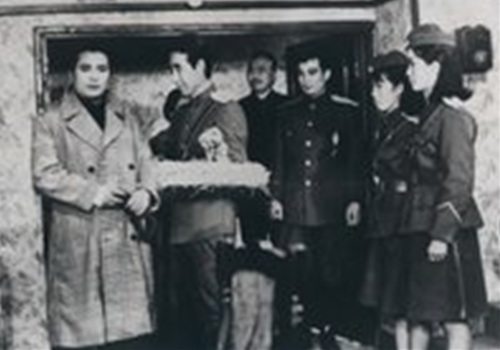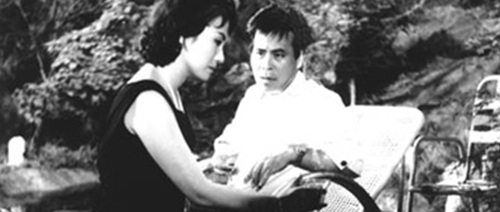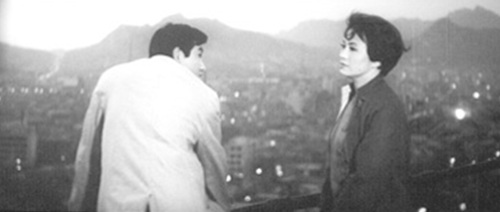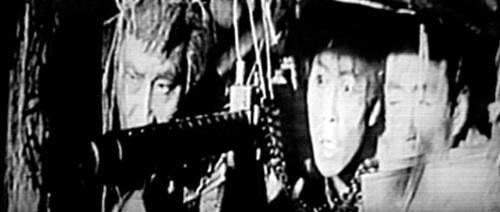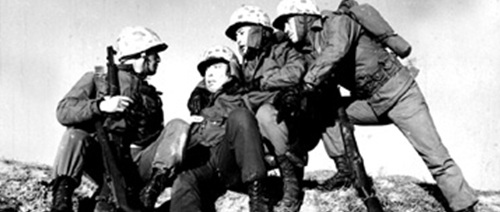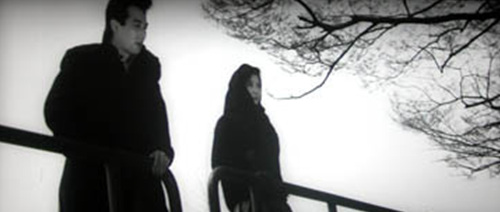영화 정보
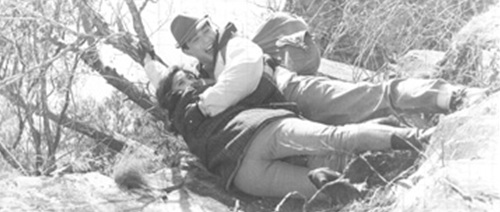
The Starting Point
10th(2005) Korean Cinema Retrospective: Lee Man-hee, the Poet of Night
Crime/Violence · Love/Romance · Politics/Conspiracy
- CountryKorea
- Production Year1967
- Running Time97min
- Format 35mm
- ColorB&W
Program Note
A man who happened to commit a murder takes a little trip to mountain with a prostitute hired by the gangs who try to kill him. The girl falls for him who is not tempted by her body, and he becomes attached to her after knowing she is prostitute. The couple knows the death is coming near as they get closer. One of the most significant characteristics found in Lee′s cinema is telling through the images. He previously took critics and industry by storm with this method in Pursuer(1964), the first 20 min. of which is done with no dialogues. He again handled the first 18 min. with the images only and managed to drive minimal yet poetic dialogues for the rest. This structural experimentation becomes more convincing with his methodology of modernistic characterization, in which how each character interacts among themselves under desperate circumstances with no names given: The film tells the extreme loneliness and anonymity, within the format of crime thriller through the couple playing a camouflage. (Cho Young-jung)
Director


LEE Man-hee
Born in 1931, director Lee Man-hee graduated from Kyungshin High School and served as a communications soldier during the Korean War. He worked as assistant to director Ahn Jong-hwa in 1956 and entered the film industry. At the recommendation of actor Kim Seung-ho, he debuted as a director with The Guiding Light in 1961 and began to receive recognition with Dial 112, a noire style thriller, in 1962. He achieved both artistic and commercial success with war films or thrillers such as The Marines Who Didn′t Come Home, Soldiers Without a Serial Number, and The Devil′s Stairway, and dramas like Late Autumn and A Road to Return. The filmmaking conditions worsened after the 70s, but Lee Man-hee was obsessed with making films, which gradually wore down his health. On April 3, 1975, he lost consciousness in the editing room while working on The Way to Sampo and fought for his life for ten days before passing away on April 13 at the age of 45.
Photo

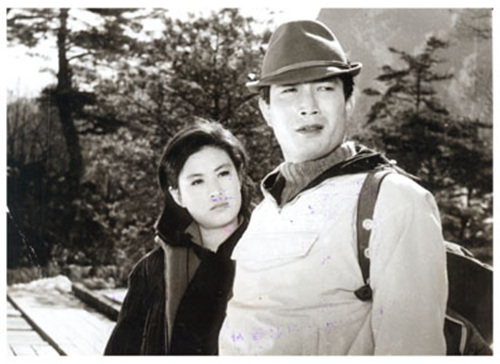




Credit
- Director LEE Man-hee 이만희
- Producer Woo Ki-dong
- Cast Shin Seong-Il, Moon Hee
- Screenplay Kim Ji-Heon
- Cinematography Seo Jeong-Min
- Production Design Song Baek-Kyu
- Editor Kim Hee-Su
- Music Jeon Jung-geun






